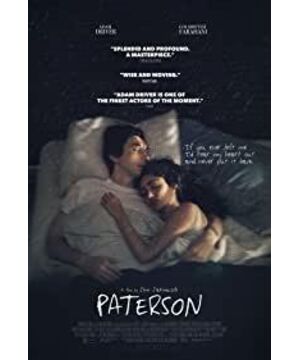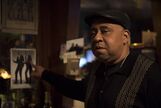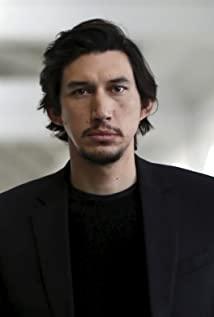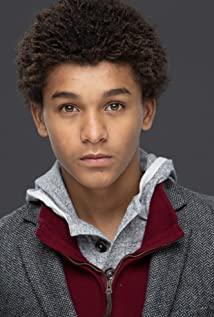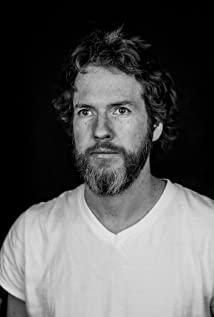The recurring twins are arguably the most puzzling puzzle in this light-heavy film: I'm used to reading symbols and can't help but wonder why Patterson sees so many in just one week. pair of twins.
Patterson is a poet who chews up the reality he observes—whether it’s an inconspicuous box of matches or a song from memory—and turns it into his own emotions , to complete the creation of the poem. This nuanced observation and empathy not only shaped Patterson as a poet, but also propped up the story of the entire film. It is because of this extraordinary ability to empathize that we see Patterson encountering large and small events and various characters throughout the week, interacting with them with his own unique tenderness and kindness, and in the poems. It also treats life with this subtle psychological behavior.
In my impression, poets are more or less born, but what Jarmusch shows is actually an astonishing state of life: although Patterson does not make his poetry public, he enjoys it as an ordinary person. Your own work and interactions with those around you. I thought that being a bus driver in a small city was not a romantic profession, but Patterson used the poetic quality of projecting real images to emotions, listening to the conversations of passengers, observing the changes of light and shadow in the city, and enjoying his work.
This parallel between life and heart may explain the twins Patterson met. Paterson lives in a city with the same name as himself. His life is to interact with the city, and the appearance of the city is projected on Paterson's heart. In a sense, the city is the human being, and the representation it represents is the emotional twin of the driver.
In Patterson, Jarmusch explores the principle of poetry and shows us that it can also apply to life—perhaps we don’t need consolation, we just don’t empathize.
View more about Paterson reviews


